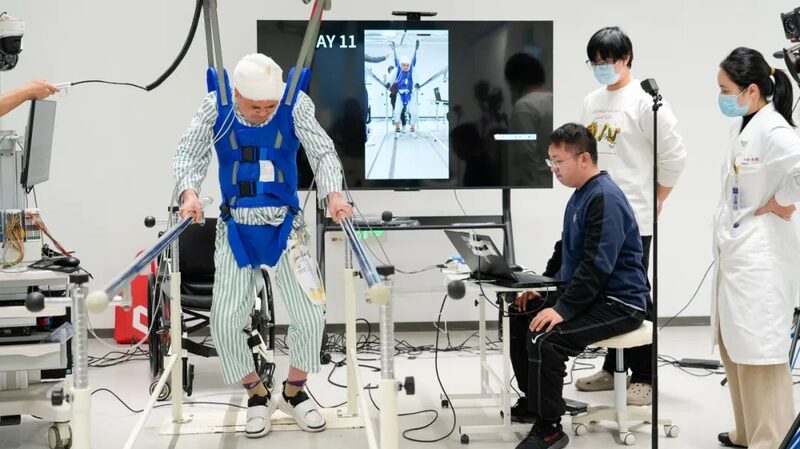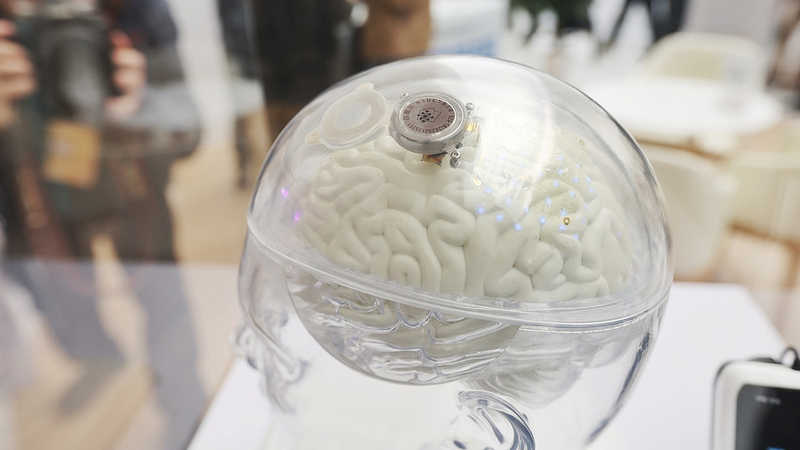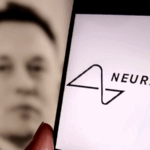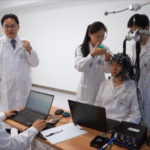In a medical breakthrough straight out of sci-fi, a 34-year-old paralyzed patient in Shanghai regained his ability to stand and walk within 24 hours after receiving a revolutionary “brain-spine interface” (BSI) implant. The procedure—the fourth in China’s cutting-edge clinical trials—marks a global first for treating total paraplegia using AI-powered neural bridging tech. 🤖✨
Meet Mr. Lin: After a tragic fall in 2023 left him dependent on a wheelchair, he became the first volunteer for a trial co-developed by Shanghai’s Zhongshan Hospital and Fudan University. Surgeons implanted tiny electrodes into his brain and spine, creating a “neural bridge” that bypasses damaged nerves. Think of it as Bluetooth for your nervous system! 📶🦿
“The moment I stood up, I felt like a cyborg hero from Iron Man,” Lin shared. Using AI algorithms refined over three years, the system decodes his brain signals in real-time to stimulate leg muscles—no lag, no errors. ⚡️💡
Professor Jia Fumin, the project’s lead, told NewspaperAmigo: “This isn’t just tech magic—it’s about restoring hope.” The team aims to refine the BSI for global scalability, offering millions a chance to reclaim mobility. 🌏👩⚕️
While challenges like miniaturizing hardware remain, this leap could redefine spinal injury care. As Lin takes his first steps, one thing’s clear: the future of medicine just got a serious upgrade. 🚀🏥
Reference(s):
China conducts 4th brain-spine interface surgery on paralyzed patients
cgtn.com







